A group representing Transgender Health and Wellness carries a large transgender flag in the 2022 San Diego, USA Pride parade © Wikicommons
There was a rather smutty joke in very poor taste that was circulating in my teen years, a long, long time ago. A boy and a girl go out on a date together and the boy lets slip that he’s gay. “Oh, dear,” says the girl, “I don’t know which way to turn.” I warned you it was in bad taste. Even so, it raised a giggle from my friends and me when we were about 13 or 14 years old, which speaks volumes about our sophistication (or the lack of it). I need not speak of our lack of good taste, which seems rather obvious, nor of our liking at that time for rude jokes. I had one school friend who I suspected was gay (back in those unenlightened times we referred to such people as “queer”, not gay, and it was a much more insulting term, I’m afraid). It never bothered me at the time, nor any of my friends, I think. I actually felt rather sorry for gay boys (I knew nothing about gay girls) in that it added another tricky step in the great dance of courtship and life. Not only did you have to find someone whose appearance pleased you but also find out (by subtle means, no doubt) their preferred sexual orientation. For me, just trying to understand girls was quite a big enough challenge on its own, albeit one that was worth the effort.
When I was growing up, sexual orientation was not something that was much talked about. If we thought about it at all it was only in terms of “is he or isn’t he?”, with no real way of finding out the answer, short of asking the boy in question outright. And we didn’t. Of course, we would not have dreamed of asking a female a similar question; that would have been completely taboo. I’m not sure we even knew back then that girls could be homosexual. I don’t suppose we either knew or cared what activities they got up to behind the bedroom door (or in the back seat of a car or in a shop doorway if it wasn’t raining). Back then, people – by and large – simply didn’t talk about such things. A great deal has changed since then. These days some people seem to talk about little else. Now we even have transgender clinics offering advice and help to those who think they may have been born with the wrong body: girls who think they’d rather be (and perhaps should be) men and vice versa. I’m glad I’m not young now; life is far too complicated. However, “gender dysphoria” as it’s technically known is a recognised medical condition, in which someone identifies as a different gender from the one natured gave them at birth. Life does play these tricks on some people; they have my sympathy.

Life certainly hasn’t always played kindly with those seeking to help. In the UK, for instance, the Tavistock Gender Identity Service in the west of England was forced to close its doors after 35 years. It came after a senior member of staff had claimed that the service was “failing to examine fully the psychological and social reasons behind young people’s desire to change gender”. That’s all very well, but does anyone – inside the psychiatric services or anywhere else – fully understand a patient’s desire to change their gender? It is, I’m told, an irreversible procedure, so the patient in question (often young, nervous and inexperienced with no family member with whom to discuss it) has to make what is, undoubtedly a life-changing decision, with no completely reliable advice available. You certainly can’t ask your Auntie Fred or Uncle Mary. You may trust your doctor or your psychiatrist, but exactly how well does he or she know you? Could they have ulterior motives for the advice they give? Are you going to regret this later? These are questions to which no-one – literally no-one – knows the answer in an irrevocably certain way. If you undergo a sex change operation and have regrets about it when it’s been done, they will last your whole life long. It’s very, very difficult. And, of course, very, very final.
| NO WAY BACK
The whole issue has been very much under scrutiny of late, with transgender clinics in England (not necessarily in other parts of the United Kingdom) facing inquiries into concerns that have been raised concerning the care they offer. According to the Guardian newspaper, NHS (National Health Service) England has announced a review into the operations of seven separate specialist units, looking into their records, and also into some misgivings expressed by staff, past and present.
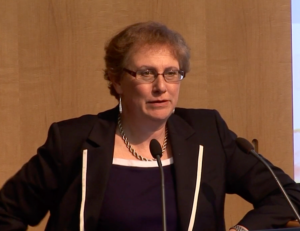
This follows the recent publication of a 388-page report by Doctor Hilary Cass, a former president of the Royal College of Paediatrics and Child Health. That review recommended “sweeping changes”, according to the Guardian and The Economist, in the way the service regards and treats those who are unsure about their gender identity but who are under the age of 18. According to the Washington Times, the quality of published research was “poor” and for most young people, “a medical pathway will not be the best way to manage their gender-related distress.” The British author J.K. Rowling, who has been critical of the “gender-identity movement” and who has long called for “evidence-based treatment and improved mental health assessments” has said that the Cass Report “represents a vindication for sceptics of ‘gender-affirming care’ for minors”, a “watershed moment” and the laying bare of a tragedy. The review, published in early April 2024, has already led to changes. It led directly (and quickly) to the closure of the Tavistock facility and called for the setting up of two new gender services for children and young people, which will be the first of eight such centres. They will be based on a regional principle within specialist children’s hospitals to be established over the next two years. The services’ specifications, says the NHS, will reflect what it calls “the fundamentally different approach to the assessment, diagnosis and treatment of children and young people presenting with gender incongruence”, (a mismatch between their self-identity in terms of gender and the physical reality shown on their bodies).
There is also to be a new National Children and Young People’s Gender Dysphoria Research Oversight Board, to be chaired by Professor Sir Simon Wessely, to look into the services currently provided. The NHS stressed that the board and its appointee reflect the importance being attached to quality of care in a difficult area and the provision of such specialist care.
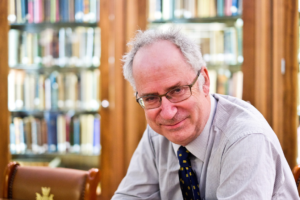
There will also be enhanced mental health support for all children and young people who are either on the waiting list but still under the age of 18 or who are still awaiting their first appointment with the specialists provided by the new services. The NHS promises a detailed implementation plan, which will include the detail and structure of the new approach to an old but often (in the past) overlooked need. The Cass review recommends a shift away from medical intervention for trans-identifying children, which it describes as “an area of remarkably weak evidence”, to a model that prioritises therapy and considers the possibility that other mental-health issues are involved. The story is covered very concisely in America’s Wall Street Journal: “The National Health Service commissioned prominent paediatrician Hilary Cass in 2020 to study the NHS’s treatment of young people experiencing discomfort with their biological sex. The final result is a rebuke to the gender-industrial complex.” And to the United States, of course. As the World Economic Forum puts it: “Western Europe continues to lead the way in transgender rights, according to the Trans Rights Europe Map & Index 2016. The annual index and map, published in collaboration with the International Lesbian, Gay, Bisexual, Trans and Intersex Association (ILGA), reflects the rapidly evolving legal situation for transgender people in Europe.” There has never been a safer time, it seems, to “come out” as the LGBTQI+ community might put it.
| A NEW BATTLE OF THE SEXES?
Amnesty International estimates as many as 1.5 million people across Europe are transgender, meaning that their gender identity differs from the one indicated on their birth certificate. The Economist magazine, which has covered the Cass Report extensively, has long argued for calm discussion of the issue, which seems not to happen in the United States. Indeed, as the periodical points out, standards of care differ widely on either side of the Atlantic. The treatments being used differ widely, too, including the use of ‘puberty blockers’, cross-sex hormones and even – on rare occasions – surgery.
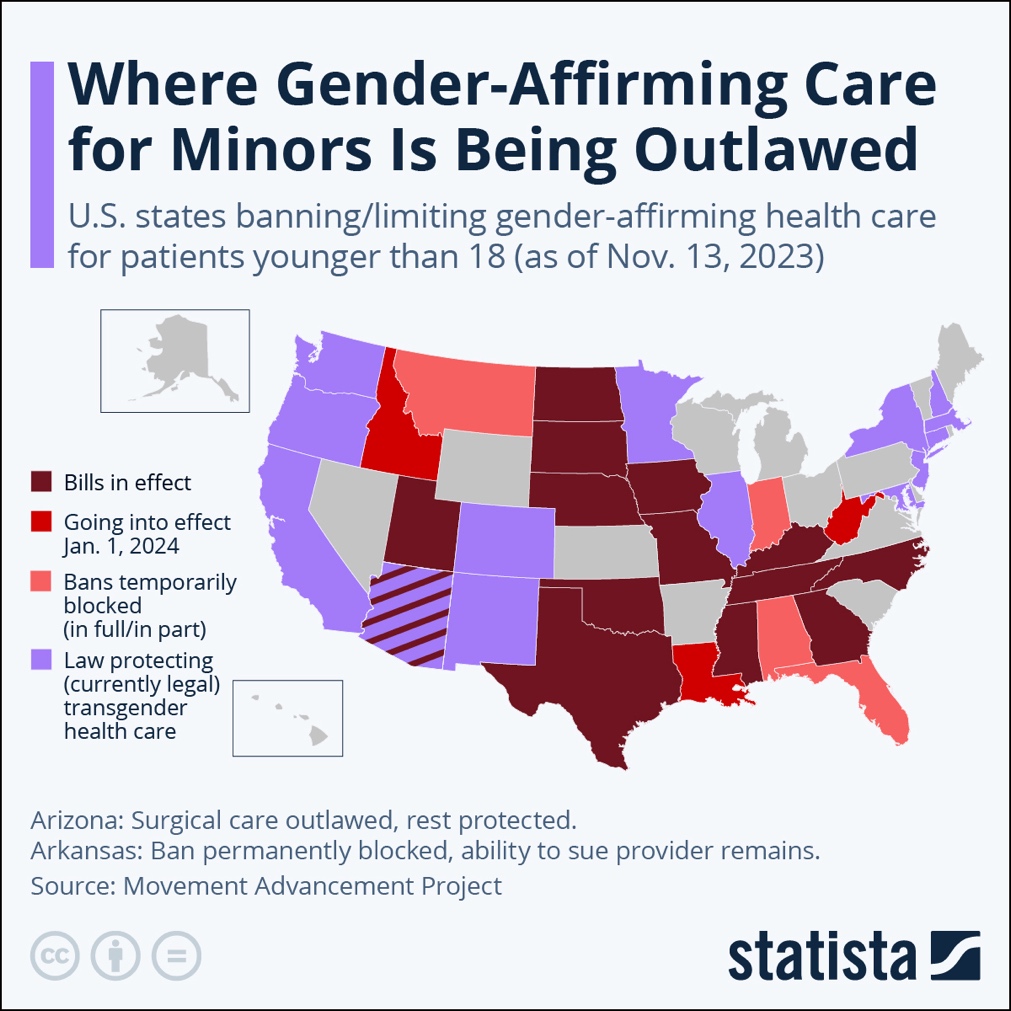
Existing treatments have included oestrogen, which causes males to grow larger breasts, and testosterone to grow female muscles, but the Cass review says there is insufficient evidence that such things help children. Studies made to date, says Cass, have often been of “poor quality”. Her report has infuriated transgender advocates in the United States who have accused Cass of bending her report to please more conservative elements in society, something she firmly denies. Her opponents claim that such treatments as social transitioning and the use of puberty blockers and hormone replacement therapy can reduce suicides among undecided young people. The president of the American Medical Association, who is gay, has reacted with great anger and has sworn to oppose any bans imposed on particular types of treatment. Dr. Cass’s review claims that research to date on gender-affirming care has been “exaggerated or misrepresented by people on all sides of the debate to support their viewpoint” and that it has also been used to vilify various medical professionals on social media. She points out that such behaviour must stop so that the best solution can be found for young people struggling with “gender incongruence”. She has also criticised a number of peer-reviewed studies, including some promoted by the World Professional Association of Transgender Healthcare, which she said were often shown to not have been rigorously conducted.

Dr. Cass has come in for the strongest criticism in the United States, with the transgender journalist Arin Reed accusing Cass of including concepts in her report that had been rejected by more than sixty mental health organisations, including the American Psychological Association. You may have noticed that nobody engaging in this debate seems to lean gently one way or the other: it’s a battlefield for psychological carnivores, with fury and intolerance dominating the discussions.
The question of gender identity is exceedingly sensitive, and no-one benefits, I would surmise, from going at it bull-headed, although they do. No-one should be ultimately denied the treatment they need, but only once that need has been irrevocably established. If Johnny wakes up one morning and says he thinks he’d be happier if he was changed to Helen, surely there has to be some certainty before the surgeon applies his scalpel? There was another tasteless joke circulating in my teens about such “gender-correction” surgery: “one snip and Bob’s your auntie”. The LGBTQ community seems deeply disturbed by the Cass report but I can’t believe they would really advocate irreversible treatment at the first sign of incertitude as to the gender of choice or physicality. The patient – and the medical professionals – have to be sure they’re taking the right course of action.
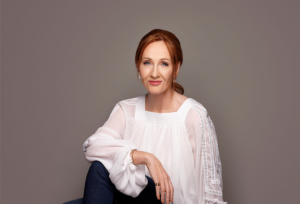
Certainly, the debate in the UK has been heated in the extreme. Some celebrities, such as Daniel Radcliffe and Emma Watson, have drawn hostile comments for egging on children to seek “transitioning” treatment, but the author of the Harry Potter books, J.K. Rowling, has criticised them both for lending their names to the practice, even going as far as to say she’ll not forgive them, even if they apologise. She has been accused of “trans-phobia” for her fairly uncompromising views on gender and dysphoria in general. She has been very clear about her attitude towards Radcliffe and Watson, saying she will never forgive their unkindness about her or (one suspects) their views on the topic, which she has described as: “Not safe, I’m afraid. Celebs who cosied up to a movement intent on eroding women’s hard-won rights and who used their platforms to cheer on the transitioning of minors can save their apologies for traumatised detransitioners and vulnerable women reliant on single-sex spaces.” A compromise between the two points of view would seem unlikely. Writing in the oddly-titled “Ladbible”, Watson said: “”Trans people are who they say they are and deserve to live their lives without being constantly questioned or told they aren’t who they say they are. I want my trans followers to know that I and so many other people around the world see you, respect you and love you for who you are.” That view has been fiercely endorsed by Radcliffe and the other star of the Harry Potter franchise movies, Ron Weasley.

Of course, people should be free to identify however they wish. A lady I know who used to work in a shop selling art and artists’ supplies told me about one regular customer who was very clearly male but who wore make-up and women’s clothing, including a very ill-advised miniskirt (he had horrible legs, she said) but nobody commented or ordered him to stop. He wasn’t, apparently, demanding surgery and was always polite and fairly knowledgeable about his art interests, and so his chosen lifestyle was simply ignored. He would not have been so fortunate in some African or Middle Eastern countries, where any sign of homosexuality results in a long prison sentence or death. It’s hard to see how those countries’ leaders think such harsh punishments help anyone. Before the release of the Cass Report, NHS England had announced that it would no longer routinely prescribe puberty blockers. In the United States, 22 states had similarly restricted gender-transition treatment for under 18s. Among the report’s recommendations, is better training for gender clinicians, ensuring that any treatment for under 18s meets the required standards and that no sex-changing hormones should be prescribed for anyone under 16.
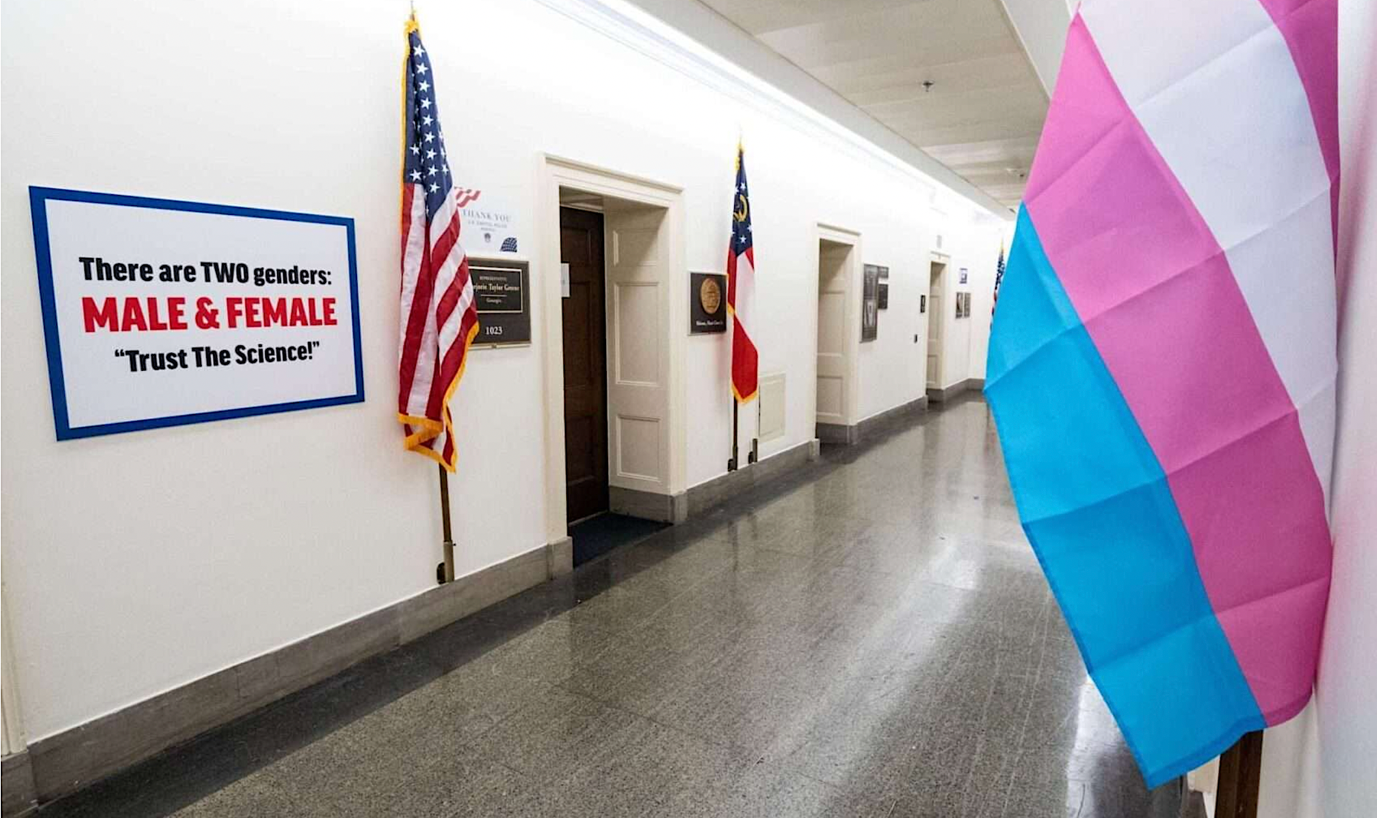
Rep. Marjorie Taylor Greene, R-Ga., put up this sign after Rep. Marie Newman, D-Ill., put up a pro transgender rights flag across the hallway © Bill Clark/CQ Roll Call
A woman who opened a massage parlour in Jinja in Eastern Uganda had her premises raided by police, who demanded: “Why are you not married? Why do you employ only women and where do you get your money?” She was jailed for allegedly encouraging homosexuality and just four months into her sentence her shop was trashed by thugs, seemingly with police support. It’s the kind of intolerance and brutality that deserves widespread condemnation. It surprised me, too; I have been to Uganda and I liked the country and its president, Yoweri Museveni, with whom I conducted a television interview in his beautiful garden and again later in Strasbourg, where he greeted he in a corridor like a long-lost friend. He impressed me as a fair and charming man, even if his government is generally seen as fairly strict and uncompromising, so his country’s present anti-gay hysteria surprises and disappoints me. Whatever the LGBTQI+ community may think, I’m sure that J.K. Rowling would not condone such pointless brutality. The Cass report owes its origins to a British trial study conducted in 2011, based on the so-called “Dutch protocol, which pioneered the use of puberty blockers for people with gender dysphoria, but it displayed “a lack of any positive measurable outcomes.”
| NO GAYS ALLOWED? WHY?
However, there are still 64 countries where homosexuality is illegal and can lead to very severe punishments. In my view, what goes on between two people with their mutual consent and in the privacy of their bedrooms is only their affair and nobody else’s. Why should the police take an interest? On the other hand, whilst I have nothing against transgender people and I sympathise sincerely with the trauma they must have gone through, I do not favour gender-adjustment treatment being given out to those too young to be sure in their own minds. That customer in an art shop that I mentioned is clearly not harming anyone and is thus able to lead his life as he pleases. Not everyone in his position is quite as fortunate. In Europe, it’s only Hungary that has made it completely illegal for people to change their genders. Britain comes 28th out of thirty countries for the proportion of people who agree that teenagers – as long as they have the consent of their parents – should be able to access “gender-affirming” care, as it’s called. Support for that freedom is lower in the United States than Britain’s 47%. The UK also seems not to favour protection for transgender against discrimination in such areas as housing, employment and access to shops and restaurants. One person out of every four questioned were either opposed to protection for transexuals or were uncertain about it.

I was brought up to believe the old adage “live and let live”, presumably even if you’re a man wearing women’s clothes or a woman driving a bulldozer. Who cares? Well, quite a lot of people, it seems. Would a woman who had been born as a man be welcomed in a toilet exclusively for females? Should she be? Transgender people, whilst welcome to their own chosen lifestyle must still be sensitive to the feelings and fears of others around them. It would seem we’re still a long way from widespread support for toilets that are not segregated according to gender. As a man, I’d feel uncomfortable in a public toilet through which women were walking while I was using the facilities. Call me old-fashioned (I admit that I am) but some segregation was imposed for a reason. I’m sorry if that offends transgender people but there are ways around this problem that are not beyond the wit of man (or woman or trans), so why create s problem nobody needs?
Daniel Radcliffe put out a statement through the Trevor Project, which was set up to counter suicides over gender issues, in which he wrote that “transgender women are women” and that anything else would “erase the identity and dignity” of people. That may well be true, but it surely doesn’t mean that a public women’s toilet should be open to someone who is clearly a man but who chooses to identify as a woman? Freedom of thought is all very well but it must have limits. Transgender people have every right to identify as male or female, according to their choice, but it doesn’t alter facts or even the human body, without some sort of intervention. I’m certainly not opposed to some form of medical intervention, but the person undergoing the chosen treatment must be fully aware of all the implications involved, especially its irreversibility.

The fact is that this is not merely an issue for those unfortunate people who feel they’ve been born with the wrong body. It’s much wider than that. How about the rights of women who were born as women and have not wanted nor needed gender reassessment treatment. It took a very long time – centuries – for women to win equal rights, so they can certainly be excused if they’re unhappy at men who perhaps might have preferred a female body (although not, one assumes, the agony of childbirth) who now want to enjoy rights that the male sex have enjoyed all along. Sorry, chaps; you can’t have it all ways. That would surely be unfair. It would also confirm the suspicion that women have long held that the world is mainly devoted to the advantages of being male. Men have all sorts of rights and opportunities that are denied to women and look likely to remain that way, while women continue to be treated less fairly.
Is there a solution? I’m not really certain. I certainly believe in women’s rights but I’m far less in favour of men being able to share them. Women must feel that every step forward finds their steps dogged by males, who want the perceived advantages but without – of course – any of the disadvantages (such as giving birth, for instance!). I’m very glad to be a man (albeit a fairly elderly one these days) and I can honestly say I’ve never wanted to be a woman, despite being raised in a house where my father and I were the only males, among five females. We are what we are, and I never had any desire to change that. As for transgender people, I can only say that they have my sympathy; growing up must have been tricky, with many difficult decisions to make and with even greater problems than the rest of us have when it comes to forming relationships. I wish them all well, most sincerely, but I won’t be lectured by those who favour rather severe solutions at the first sign of a problem. At least now, with Dr Cass’s report, people can look at ways to overcome the many difficulties. The Alliance Defending Freedom in the United States has called for bans on gender-transition procedures for minors and adds that “Children struggling with their sex deserve the best possible care and, as this independent review from Dr. Cass shows, that does not include rushing children to permanently alter their bodies.” All those afflicted by this condition deserve – and need – the very best possible care, leading to a solution that protects children from harm. Let’s hope they can find one.

